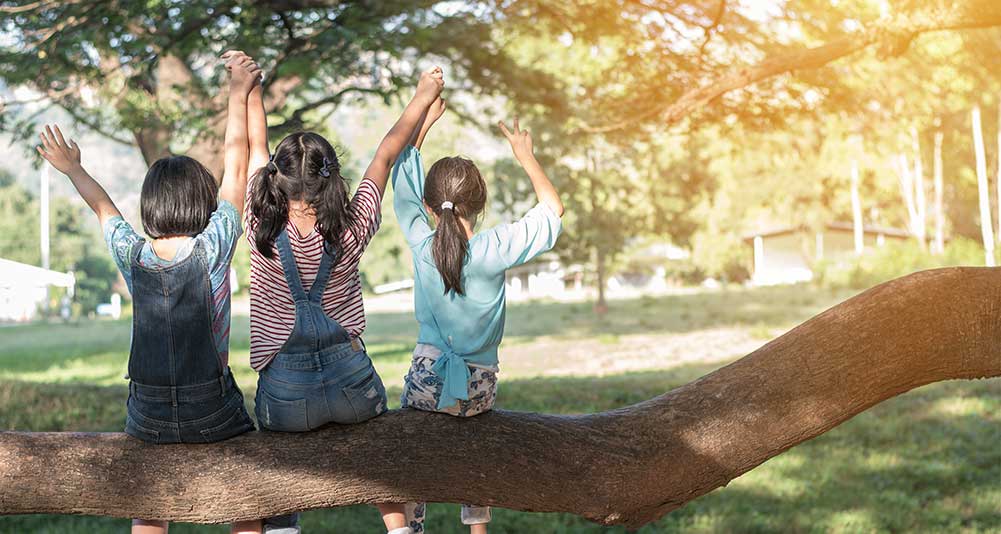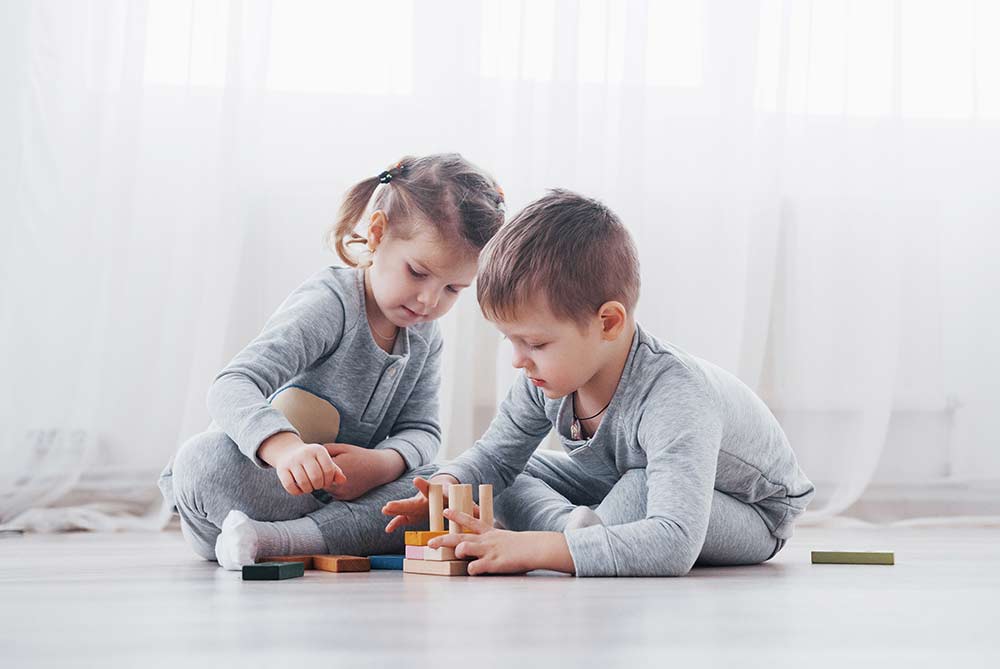Heritage and culture often play a significant role in defining an individual's overall personality and character. This is why, in addition to conventional schooling, children must be exposed to the appropriate cultural environment so they grow to become well-rounded human beings. However, exposure to one's own culture may not always be sufficient to meet the needs of the present. Cross-national boundaries are dissolving, and cultures are being influenced through exchanges and social contacts.
Allowing your child to embrace the virtues of cultural variety is the best approach to ensure that he or she is well-versed in the liberal cultural milieu that results from such lateral interactions. We cannot expect our children to grow into humble, flexible, adaptable human beings without broadening their cultural horizons. When it comes to adopting a culturally varied setting, there are a few factors that remain contextual and crucial.

1. Promotes Free Mixing
Children that have a broad understanding of many cultures around the world will always be better equipped to deal with any event or environment. It also helps them become more liberal, tolerant of differences and have better adaptation skills. They will learn to appreciate and give equal weight to other people's faiths, views, and ideas, even if they are not comparable to their own. This increases their free mixing abilities and gives them a significant advantage in their professional as well as interpersonal interactions.

2. Fights Stereotypes
Several prejudices and societal preconceptions still hold sway in today's society. Regardless of how sophisticated civilisation has gotten in terms of science and technology, some preconceived notions still prevent people from enthusiastically adopting new ideas. An open-ended approach to cross-country cultural interactions is the greatest way to deal with existing social stereotypes and prejudices. This enables youngsters to comprehend the relationship that exists between humans, regardless of their cultural backgrounds. As a result, children develop into adults who exhibit responsible behaviour and humanitarian traits.

3. Aids Global Assimilation
When you free your mind from long-held taboos and prejudices, you become a better person capable of interacting with individuals from all walks of life. It helps children cope with the ever-changing global world if they learn to tolerate cultural variety at a young age. A child who has an open mind about various cultures has a better chance of succeeding in the future than those who do not accept variety.

4. Improves Tolerance
The more people learn to embrace different cultures alongside their own, the more tolerant they will become. Being culturally tolerant is a trait that is held in high regard around the world. It also allows the children to break traditional barriers and enter a world with greater possibilities. These kids thrive at making connections with people from all walks of life and are equally accepting of people from all walks of life.

5. Handling Situations
A young mind is malleable and easily moulded. As a result, infancy is the ideal time to teach children how to think correctly. Cultural knowledge allows children to gain a better understanding of other people, which will help them become more compassionate and sympathetic people in the future. In the job, they become more tolerant and adaptable.
Also Read: Teaching Your Kids About Giving Back This Festive Season
Also Read: Things To Learn: Does Education Help One's Emotional Intelligence?